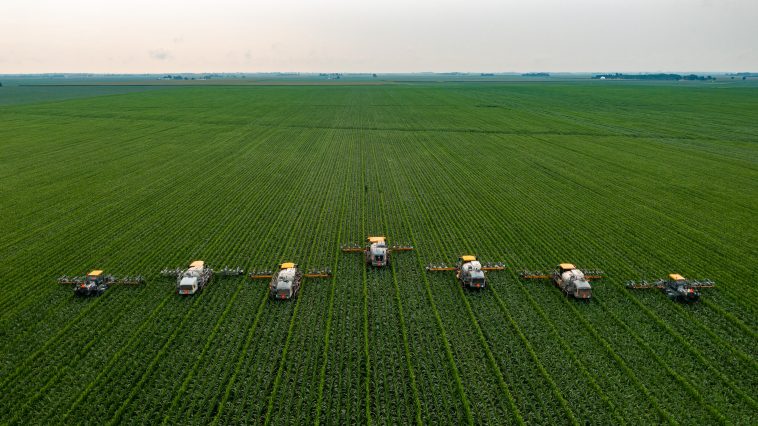In a pre-series A funding round that was oversubscribed, the Nigerian agritech startup Releaf raised $3.3 million. With the new money, the company will be able to roll out two new technologies that will make it easier for African factories that make consumer goods to get high-quality ingredients.
Releaf plans to release technologies like Kraken II, a portable version of its award-winning palm nut de-sheller, and SITE, a geospatial mapping application that helps determine where food processing assets can be placed to make the most money.
The first layer of SITE was built on the yield data from this analysis. The application uses cutting-edge geospatial mapping tools to determine how much oil palm is planted in an area and their annual yields. It also uses Releaf’s proprietary data on soil type, rainfall, farmer productivity, and third-party data from organizations like the International Institute of Tropical Agriculture (IITA), Foundation for Partnership Initiatives in the Niger Delta (PIND), and Rocky Mountain Institute (RMI) to give a dynamic view of farming activity.
Releaf will use this dynamic data set to train Reinforcement Learning Models in SITE. These models will find the best place for consumer goods manufacturers’ supply chain infrastructure, making a strong link with Africa’s decentralized farming system.
With Kraken II’s portability and SITE’s placement and route planning features, Releaf can target the best opportunities across Nigeria’s oil palm belt instead of being limited to getting crops within 100 kilometers of a fixed processing site like other food processors.
Uzoma Ayogu, CTO and co-founder of Releaf, said, “SITE and Kraken II are the next steps in our plan to fundamentally change the efficiency of agricultural supply chains in Africa. We are excited to partner with an exceptional group of investors and collaborators to roll out these technologies.”
“To make food supply chains profitable, we need to maximize extraction yields with cutting-edge processing technology and reduce logistics costs by putting processing closer to farmers. Before Releaf, people had to choose between one or the other. Big factories had great technology but were far away, so most farmers could only process their crops with simple technology. We can now make the most of both.”
Africa will have 40% of the world’s population by the end of the 21st century, and its first globally important industry will be the fast-moving consumer goods market. Releaf’s technology aims to speed up this industrialization while ensuring that the planet, farmers, food factories, and consumers all do well. This is one of the best economic opportunities in the world.
Since it started in 2021, Releaf has used its supply chain technology to process more than 10 million kilograms of palm nuts and grow its monthly revenue by seven times yearly. The startup has also signed contracts worth more than $100 million with major consumer goods companies like Presco, PZ Cussons, and more. Since the seed round a year ago, the company’s value has tripled.
Rena Yoneyama, the managing partner at Samurai Incubate Africa, says, “Releaf’s success with its pilot Kraken proves its thesis, and we’re excited to keep supporting their ambitious plan to create efficient supply chains in Africa’s agricultural market.” They’ve added vital people to their management team, and we’re still impressed by how quickly their business is growing and how quickly their technology is improving. When the team releases Kraken II and SITE, we hope for more of the same success.
Stanford University Professor David Lobell also said that he liked working with Releaf.
Using our tree height algorithm to find the link between the age of an oil palm and its height will help farmers get a better idea of their future yields and make better decisions based on data about how to replant sustainably. By using remote sensing solutions, there is a great chance to bring out Africa’s unique agricultural potential, and I think this partnership will help make that happen.





